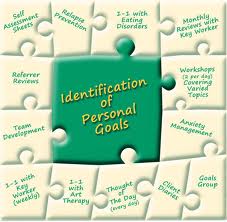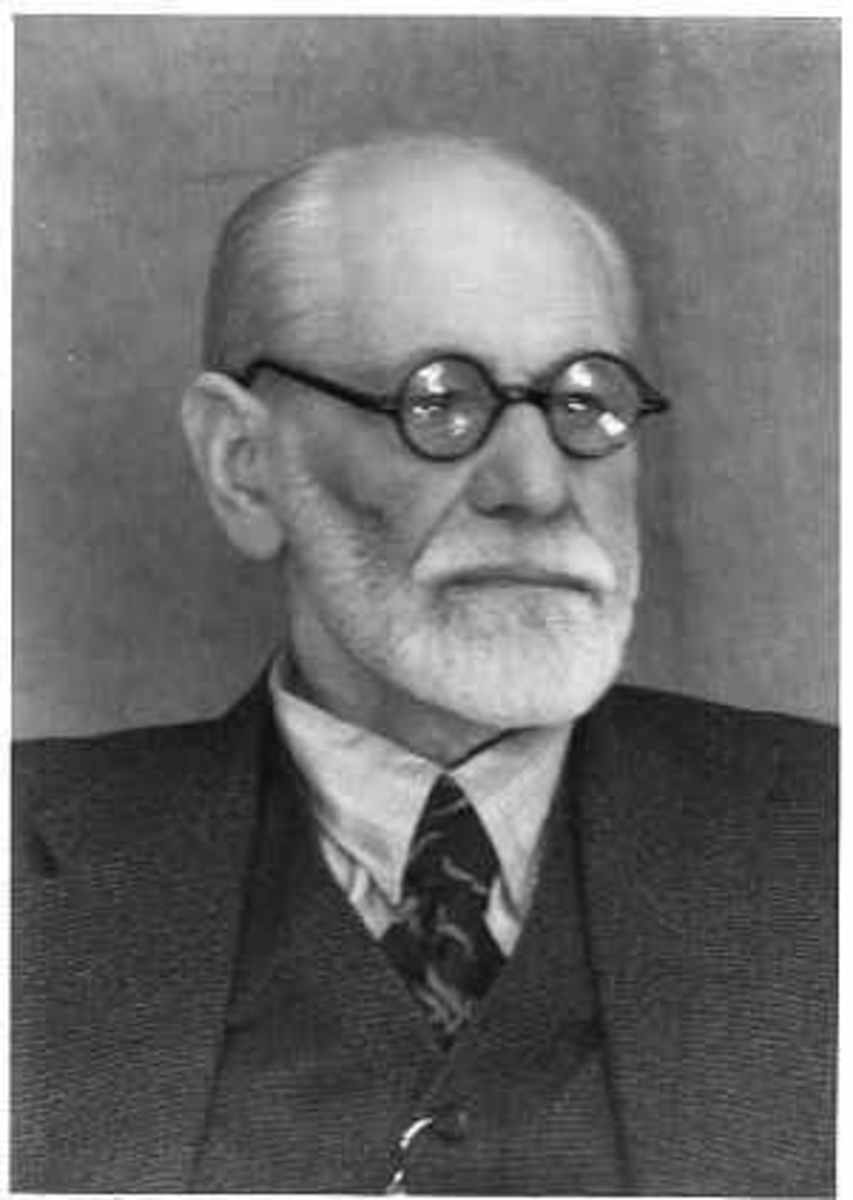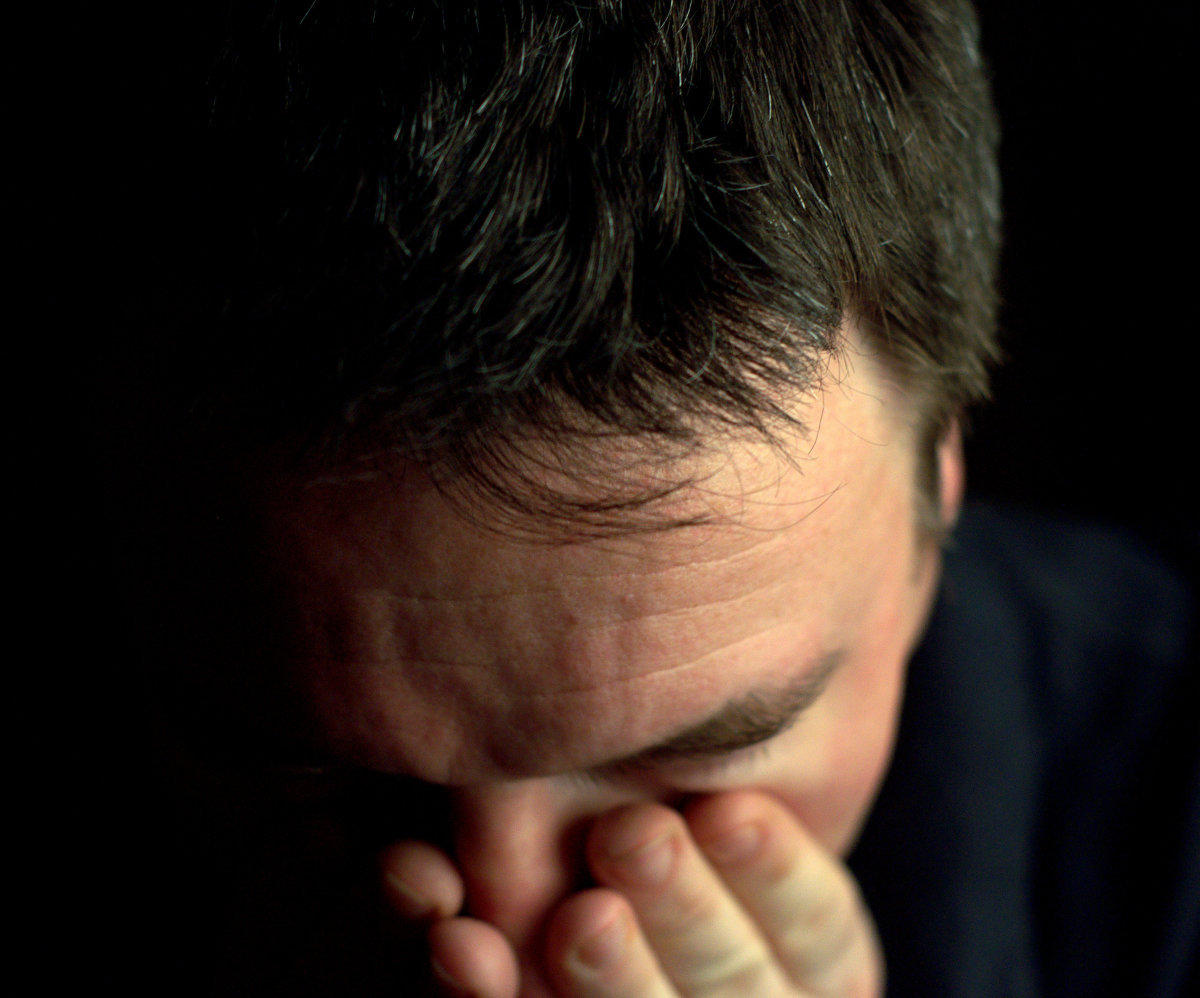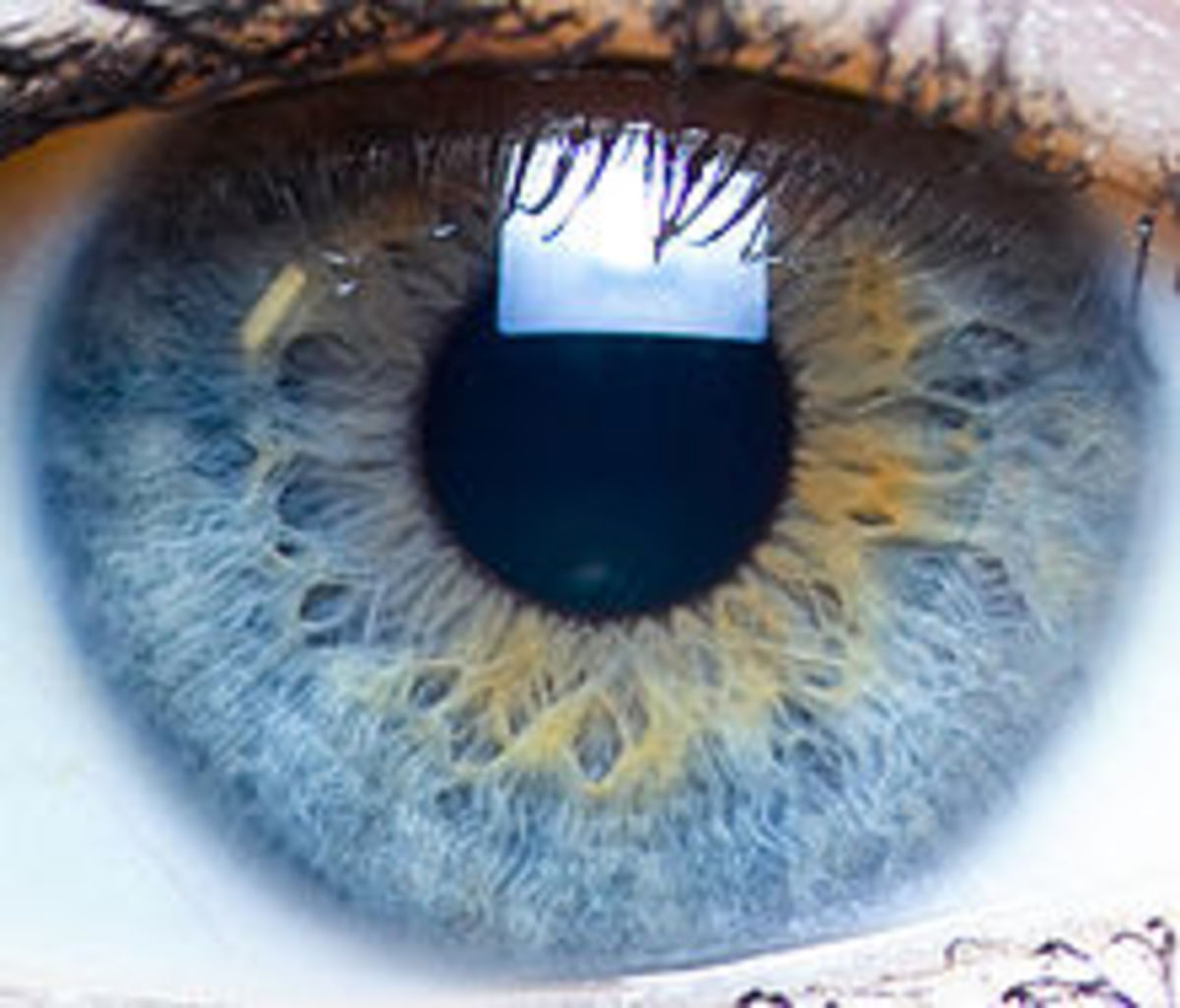Do I need Therapy?

Therapy - but which one?
The word 'therapy' has almost become part of everyday use. You only have to open a magazine and there are articles jumping out at you regarding 'self help'. We even hear people say with real conviction 'He or she needs therapy'. But what exactly do we mean? Its as though therapy will perform some miracle and people often forget it takes work on their part too. Also, people don't always consider whether the time is right or not for them. They give little thought to the commitment needed and often the financial costs. So what kind of therapies are out there and how do you make the right choices for you.
Who will listen?
Most of us at some point in our lives could do with a good listener. Someone who is going to be objective and not judge. Even those of us with good friends often feel that they need a little proffessional guidance. It is to remember that this is not a weakness. Friends are great and can offer support, give advice but they may not be able to help change things and probably will not tolerate anxieties forever.
Types of Therapies
It is important to match the therapy with the person and the problem as this can have a huge bearing on the result. It should also be remembered that therapies are not always about problems, but also about personal growth.
Analytic Therapies
These therapies are based on theories of human development and therapists believe that what someone experiences as a child has an effect on later life. Its techniques are about an awareness of the unconcious and therapy can be long or short term. This type of therapy can be useful for people who want to make sighnificant changes in their behaviours and their lives. They maybe repeating self destructive or self limiting patterns of behaviours. However, these therapies would not benefit anyone wanting a 'quick fix' or people who are not psychologically minded in the first place.
Psychotherapy
Psychotherapy looks at a person's external and internal worlds. The external world is our daily activities as well as events that occur in our lives and how we react to them. Our internal worlds are made up of memories, thoughts, dreams and fantasies that we are both aware and not aware of.
Psychiatry is very different. Psychiatrists are medically trained and they can prescribe medicines. Generally psychiatrists do not practise in depth psychotherapy but can provide a medical diagnosis in complaints that have a physical base.
Family Therapy
Family therapy is usually based on the 'systems' theory. The 'system' is basically the way the family runs. The idea is that if you have a good, healthy 'system' working in a family where each member is encouraged to share their feelings, the family will function in a positive way.
A family therapist listens to what is being said by the various members of the family and is looking at how these messages are received and what effect they have on the individuals. The aim will be to bring out some kind of change in the family interactions without apportion blame. Violent behaviour is not acceptable.
Group Therapy
For someone who is socially isolated, group therapy can be a good choice. Members can gain confidence and sometimes share alot easier.A group can be a safe place to confront people in a way that they would not normally do.
Person Centred Therapy
Person centred therapists believe that everyone, given the right conditions, can achieve a positive self image and realize their potential for self fulfilment. The client is very much in control of the content of sessions. The counsellor is trained to follow the client and check out his own understanding of the clients perceptions. The outcome of this therapy, can be that people become spontaneous, less introverted and more able to fulfil their potential and more in charge of their own future.
Behavioural and Cognitive Therapies
These therapies are usually short term and focus on a particular habit or behavioural difficulty. These therapies are good for people with specific difficulties such as eating problems, phobias, obsessive compulsive behaviour, Therapists believe that problematic behaviour is a result of bad habits and learnt patterns that can be unlearned and changed.
Hypnotherapy
The aim of this therapy is to shift the patients attention from external to internal awareness. The hypnotherapist will try to assess the underlying cause of the problem.
The patient is put in a light trance state.This is a natural state similar to daydreaming. The therapist can then communicate with the patients subconcious mind without all the usual distractions. Hypnotherapy can help with eating disorders, slimming, smoking, nail biting, phobias, shyness. It does not delve into deep rooted past experiences and therefore is not for people who are looking for emotional growth.
Couselling
Counselling covers a wide range of skills and techniques. It gives the client more direct support and immediate feedback. It offers a supportive and non-judgemental atmosphere for people to talk over their problems. It generally deals with specific life situations and this can be short or long term. Counsellors are well versed in all different experiences such as bereavement,relationship problems etc and can help their cliients in a focussed and empathetic way.
Ending Therapy
Ending therapy satisfactorily is very important. A proper ending is a good investment in the future. The decision to stop therapy can come gradually and ending can take time at least a month but anything up to a year if the patient has been in intensive long term therapy.
Ending should always leave a door slightly open. It is easier to end if you know that, if you want to, you can always come back.








